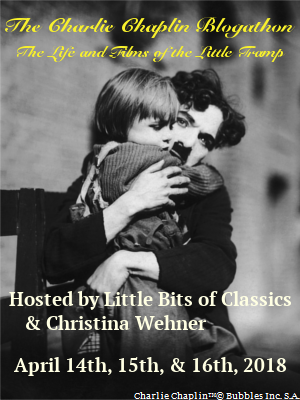 When I first saw Vertigo I was not at all sure I liked it. I knew nothing about it before viewing and I was surprised and made a little uncomfortable by the story. But it wouldn’t leave my mind and I had to watch it a second time soon after, just to get a better handle on the story.
When I first saw Vertigo I was not at all sure I liked it. I knew nothing about it before viewing and I was surprised and made a little uncomfortable by the story. But it wouldn’t leave my mind and I had to watch it a second time soon after, just to get a better handle on the story.
I watched it again, recently, and there’s something about it that I find impossible to shake. It sticks with you like few movies do. Haunting, aching, longing, dreamlike…
There are many things you could say Vertigo is about: obsession, a revelation of Hitchcock’s own obsessions and desires regarding the blonde leads in his own films; but at its most basic core, Vertigo is about longing. Especially longing for something that does not exist or cannot be attained. All people have it. What Scottie has is the mad desire to try bring it about, no matter the cost to other people. Most of us simply accept it.
It really stood out to me when I last watched Vertigo, how Scottie becomes completely absorbed in the story of Madeleine. He even seems to forget about Gavin Elster, the supposed husband. He’s consumed with Madeleine and her story…a story that is entirely made up. He can’t even see Midge, who is real and warm and solid and always there for him. In Vertigo, reality seems just as much of a dream to Scottie as the dream that Scottie falls for.
(Random aside: my sister and I wondered why Midge had broken off her engagement with Scottie all those years before. Was it because she knew he never loved her, could never love her, or did she sense there was something a little off about him, that something in him that leads him to prefer the illusion of Madeleine over the very real love of Midge and Judy?)
It was also interesting to listen to Bernard Herrmann’s achingly beautiful score for Vertigo in isolation from the film and visuals. What is interesting is how the obsession of the film takes a back seat and the longing comes strongly to the fore. It almost aches to listen to the soundtrack. Alex Ross, a music critic for The New Yorker, points out how tonally rootless the score is. It never finds it’s footing, tonally, leaving the listener feeling a bit lost. He also writes about the sequence where Scottie follows Madeleine. It is an extended, virtually a silent sequence, only accompanied by Herrmann’s score
Wistful hints of melody circle back on themselves instead of building into thematic phrases…The sequence is profoundly eerie but also very beautiful: it is neither tonal nor dissonant.
For Herrmann’s ‘Scène d’amour,’ he took inspiration from Richard Wagner’s “Liebestod,” from the opera Tristan und Isolde. Liebestod apparently means “love-death,” which seems very fitting for Vertigo. The specter of death practically drenches the movie.
There is, apparently, some controversy about the title of “Liebestod.” The title is usually used to refer to the aria Isolde sings over Tristan’s dead body, but Wagner evidently never referred to it as such. He called it “Verklärung” (Transfiguration). There is apparently some question about whether or not Isolde dies in the opera, as well. But Wagner referred to the prelude at the beginning of the first act as “Liebestod.” Either way, Herrmann has seemed to derive inspiration from both pieces of music.
Here is “Scene D’Amour,” where Scottie first sees Judy completely transformed into Madeleine.
And an orchestral version of the aria Isolde sings from Tristan und Isold. Compare 3:00 of “Scene D’Amour” with 4:00 of “Liebestod.”
The Prelude, which apparently is the real “Liebestod.”







